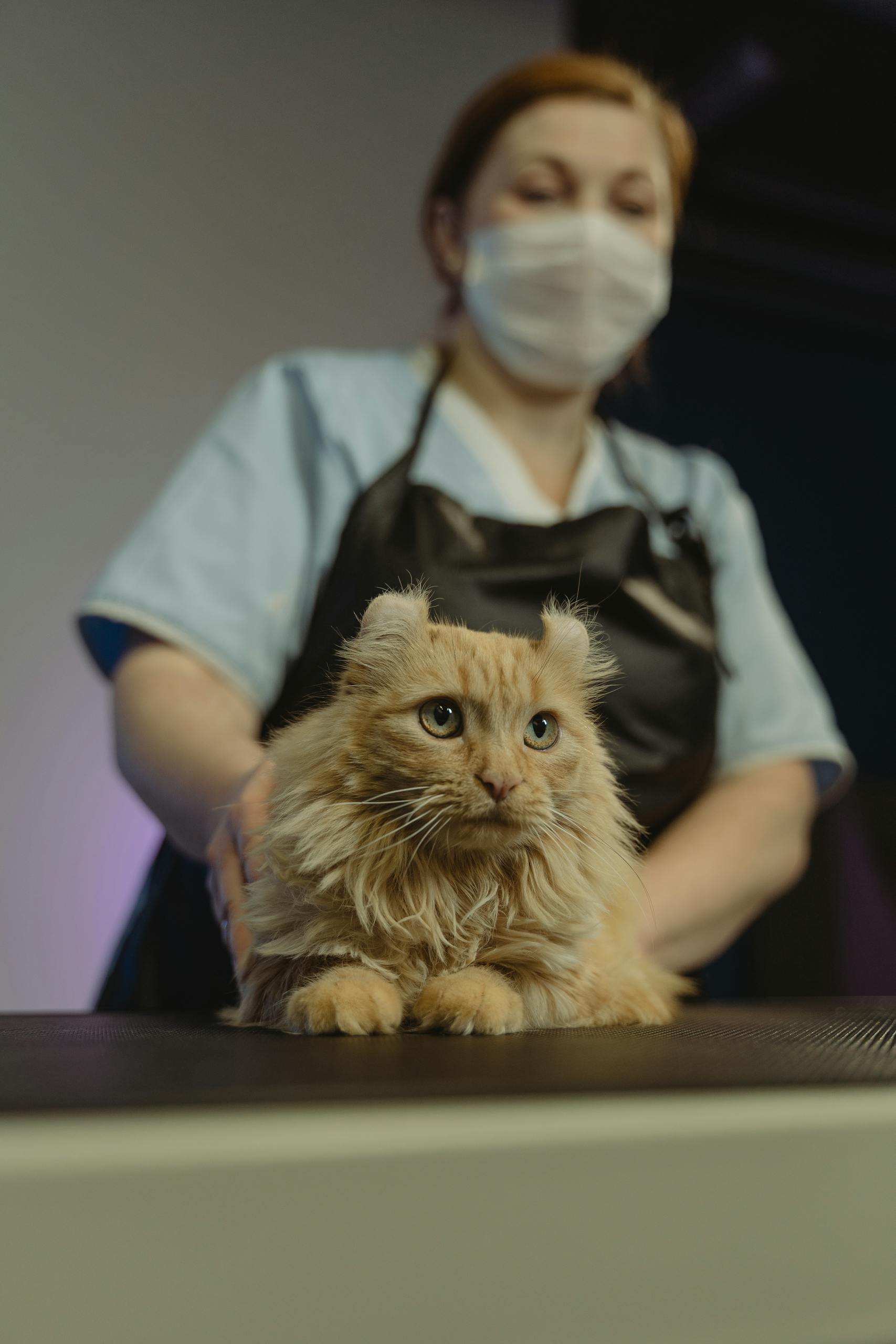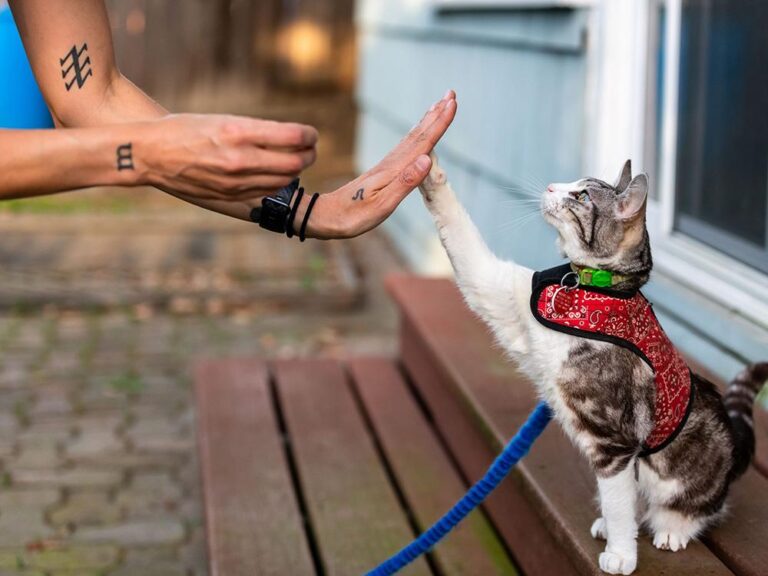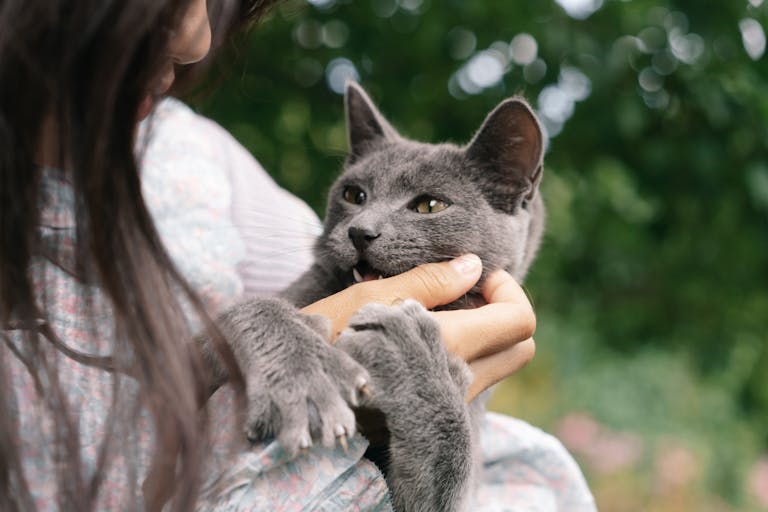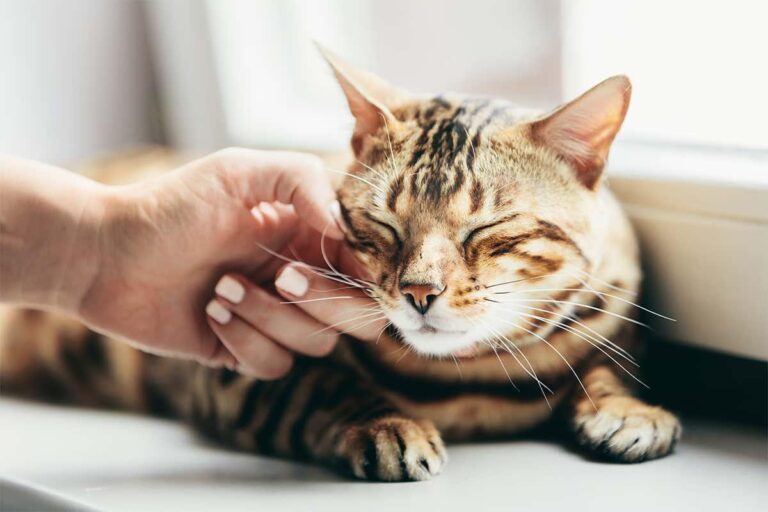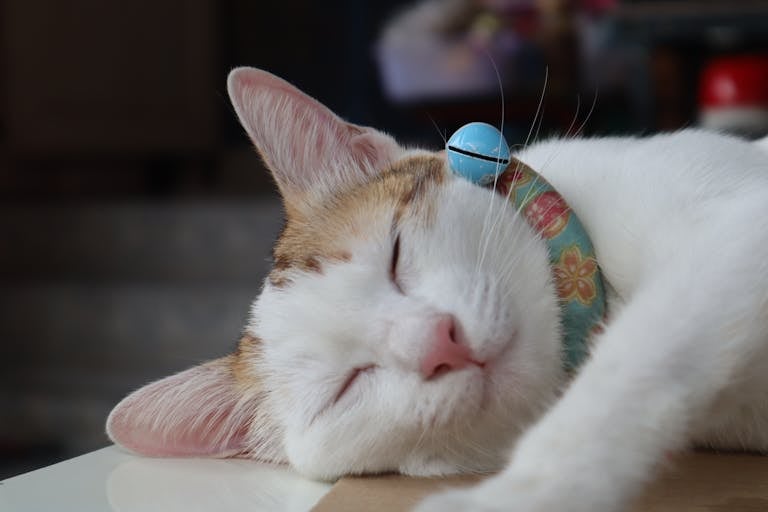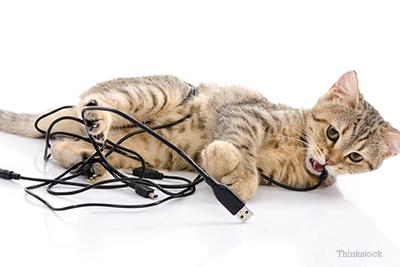How Often Should You Take Your Cat to the Vet?
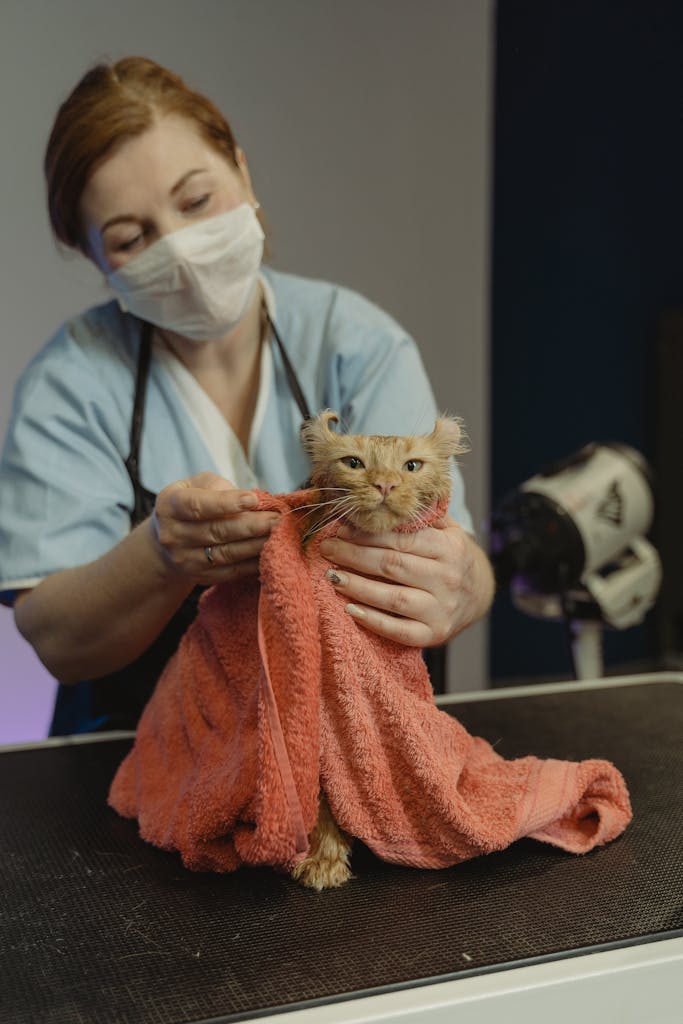
How Often Should You Take Your Cat to the Vet?
If you’re anything like me—a proud cat parent who lavishes their furball with love, treats, and endless chin scritches—you probably want to know the best way to keep your feline friend happy and healthy. One question that pops up a lot is: how often should I really take my cat to the vet? It’s something every cat lover wonders about at some point. After all, our cats can’t exactly tell us when they’re feeling off, and vet visits can sometimes be stressful for both humans and kitties.
So, let’s break it down together and make vet visits less of a mystery—and more of a heartfelt part of your cat’s lifelong care.
Keeping Your Cat’s Health on Point: Why Regular Check-ups Matter
Think of vet visits as a bit like annual human health check-ups, but with a feline twist. 🐱 Cats have a sneaky habit of hiding illness or pain, so regular vet check-ups are key to catching any problems early.
-
- Early detection saves lives. Diseases like kidney problems, diabetes, or dental issues sneak up quietly. Catching these early can mean easier treatment and a longer, happier life for your kitty.
-
- Vaccinations and parasite prevention. Staying up to date on shots and flea/tick prevention keeps your cat safe from nasty bugs and infections.
-
- Monitoring weight and diet. Cats gain or lose weight for all sorts of reasons. The vet can help you manage a healthy diet that fits your cat’s age and lifestyle.
So, while it may feel like just another appointment, these visits are really a cornerstone of your cat’s well-being.
How Often Should You Schedule Vet Visits?
Here’s the honest scoop — the frequency really depends on your cat’s age, lifestyle, and health status. But here’s a friendly guideline to get you started:
Kittens: The Frequent Flyers
When you bring home a new kitten, expect to see the vet pretty often during their first year. That’s because they need a series of vaccinations and personality assessments as they grow.
-
- Initial exam within the first few days or week of adoption
-
- Vaccinations every 3-4 weeks until about 16 weeks old
-
- Spaying/neutering at 4-6 months
-
- Monthly parasite checks or treatments
Those frequent visits might sometimes feel overwhelming, but they’re super important to set your fluffball up for a healthy life.
Adult Cats: The Classic Check-up
Once your cat hits about one year old and enters adulthood, regular veterinary visits usually shift to a yearly check-up—unless your vet suggests otherwise.
-
- Annual wellness exam
-
- Vaccinations updated as needed
-
- Dental checks
-
- Parasite control consultations
These check-ups keep your adult cat in shape and help spot any health issues before they become serious.
Senior Cats: Extra TLC Required
As your cat gracefully ages (think 7 years and older, though big breeds might be a little slower or faster), their health needs ramp up.
-
- Vet visits every 6 months
-
- More frequent screenings for kidney function, thyroid, blood sugar, and dental health
-
- Adjustments to diet, exercise, and medications if necessary
Senior cats can develop conditions that are manageable with early treatment—so don’t skip these appointments!
How to Make Vet Visits a Breeze: Tips for Stress-Free Trips
Start Early with Carrier Training
Believe me, if your cat associates the carrier with scary trips, you’re in for a battle. Try leaving the carrier out in a cozy spot with their favorite blanket or treats inside to encourage curiosity instead of fear.
Bring Comfort Items
Familiar smells can calm your cat. Bringing a small toy or blanket from home can help reduce anxiety during the ride and at the vet’s office.
Choose the Right Vet
Look for a vet who is gentle, patient, and communicative. A great vet understands cats’ particular needs and keeps the experience as pleasant as possible.
Schedule Wisely
Try booking appointments during quieter times to avoid long waits and noisy waiting rooms, which can stress your kitty out.
Mistakes to Dodge When Taking Your Cat to the Vet
We all want to do right by our cats, but sometimes even well-meaning cat parents slip up. Here are some common missteps to keep an eye out for:
-
- Waiting until your cat is visibly sick. Cats are experts at masking illness, and waiting can mean tougher treatments down the line.
-
- Using old or unreliable carriers. A rattly or broken carrier can not only increase your cat’s stress but also jeopardize safety during travel.
-
- Skipping pre-appointment prep. Not knowing your cat’s recent eating habits or behaviors can make the vet’s job harder.
-
- Ignoring teeth and weight. Many cat health problems start silently in the mouth or with unnoticed weight changes.
For the best results, treat vet visits like essential appointments you really can’t miss—not optional errands.
Helpful Tools and Products to Make Vet Visits Easier
Getting your cat to and through the vet visit more easily often comes down to having the right gear on hand. Here’s a product I’ve found especially handy:
-
- The Cozy Critter Soft-Sided Cat Carrier — This carrier is lightweight, breathable, and has plenty of padding, so your cat feels safe and comfy while on the go.
Bonus tip: Keep a health journal for your cat where you jot down any changes in eating, behavior, or litter box habits to share with the vet. It’s a lifesaver during check-ups!
Got Questions? Here Are Some Common Cat Owner FAQs
How do I know if my cat needs to see the vet sooner than scheduled?
If your cat shows signs like vomiting, diarrhea, sudden changes in appetite, lethargy, coughing, or any unusual behavior, don’t wait. Make an appointment ASAP to rule out emergencies.
Are annual visits really necessary if my cat seems healthy?
Yes! Cats can have hidden health problems that don’t show obvious symptoms at first. Annual check-ups help catch those early, so your kitty stays in tip-top shape.
What should I bring to the vet appointment?
Bring any medications your cat is taking, a list of questions or observations, their health journal, and, if possible, a stool sample. It helps the vet get the full picture.
Wrapping Up: Caring for Your Cat Means Staying Proactive
Our cats may be mysterious little creatures, but caring for them doesn’t have to be a guessing game. Regular vet visits are a powerful way to give them the best shot at a long, joyful life—and to catch problems before they become emergencies.
Whether you’re navigating kittenhood or celebrating your senior cat’s golden years, there’s a vet visit schedule that fits your needs. And with a bit of prep, patience, and love, those trips can become easier and less stressful for both of you.
Remember: behind those whiskers and purrs is a best friend counting on you to keep them healthy and happy. Here’s to many more cuddles and peaceful vet visits ahead!

